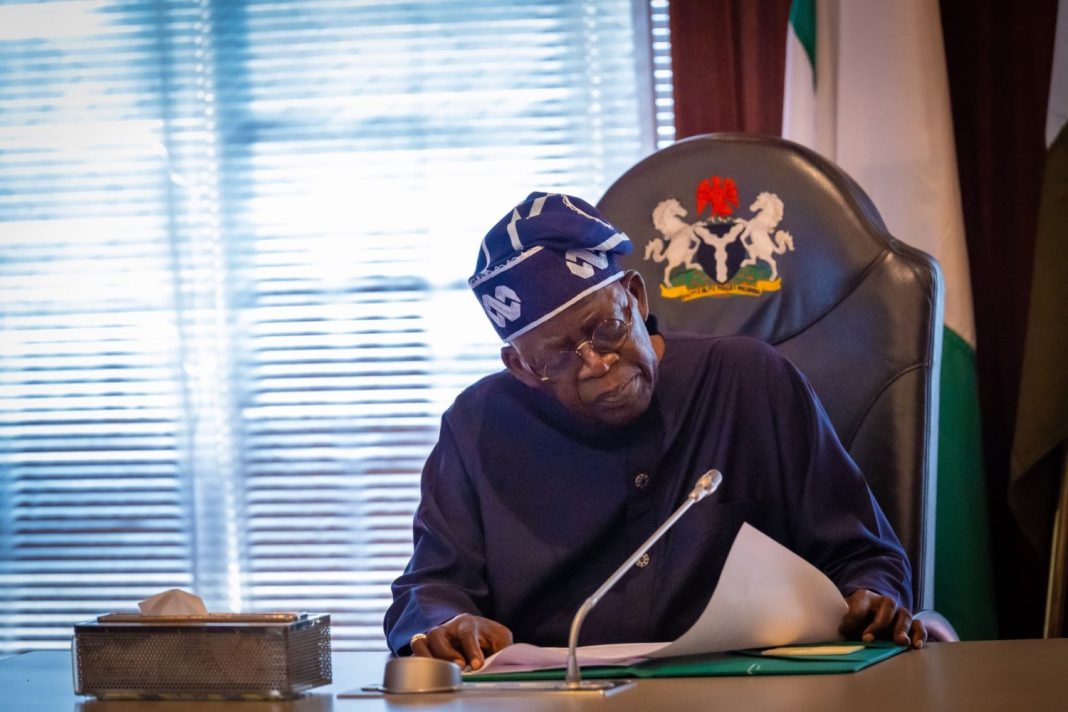ABUJA, Nigeria — President Bola Tinubu has appointed three non-career ambassadors, ending a diplomatic lull that left many of Nigeria’s foreign missions without substantive envoys for more than two years.
The nominations were transmitted to the Senate on Wednesday, November 26, 2025, for confirmation.
The appointees are Kayode Are from Ogun State, Aminu Dalhatu from Jigawa, and Ayodele Oke from Oyo.
Announcing the development after reading the president’s letter, Senate President Godswill Akpabio said, “The list contains three names for now, I am sure others will follow.”
The appointments come in the wake of criticism that Nigeria’s prolonged absence of ambassadors weakened diplomatic engagement, with some analysts linking the United States’ designation of Nigeria as a Country of Particular Concern—a status announced during the administration of US President Donald Trump—to the absence of substantive envoys.
However, in a September interview, Foreign Affairs Minister Yusuf Tuggar dismissed suggestions that Nigeria’s diplomatic missions had been paralysed.
He insisted that chargé d’affaires and senior career officers had kept operations running smoothly.
“All our embassies are functioning well. The chargé d’affaires in each mission is carrying out responsibilities effectively. The absence of ambassadors has not created a vacuum,” Tuggar said, adding that ambassadors lead missions but daily operations rely on an established diplomatic hierarchy consisting of deputies, counsellors, and career staff.
“Diplomacy is not a one-man show. The system is designed to cope with such situations,” he said.
Tuggar stressed that ambassadorial appointments are solely at the discretion of the president and would be made when deemed appropriate.
“Mr President is considering the matter, and when the time is right, names will be announced. Meanwhile, our missions are not idle,” he said.
He maintained that Nigeria’s foreign policy objectives had been actively pursued despite the vacancies, highlighting ongoing facilitation of trade, investment, consular services, and cultural exchanges by Nigerian missions abroad.
According to him, “Nigerians abroad are still accessing services, and our engagement with host countries has not diminished.”
He argued that extended periods without appointed ambassadors are not unusual globally and do not necessarily weaken diplomatic ties.
“This is not peculiar to Nigeria. Diplomacy provides for such scenarios. What matters is substance, not optics,” he said.
“Our foreign policy direction is clear, and our presence is felt globally. What we are doing is ensuring that our missions deliver tangible results for Nigerians, not just ceremonial appearances.”
The Senate is expected to begin the screening process for the three nominees in the coming days, with more appointments anticipated as Tinubu moves to complete Nigeria’s diplomatic corps.







